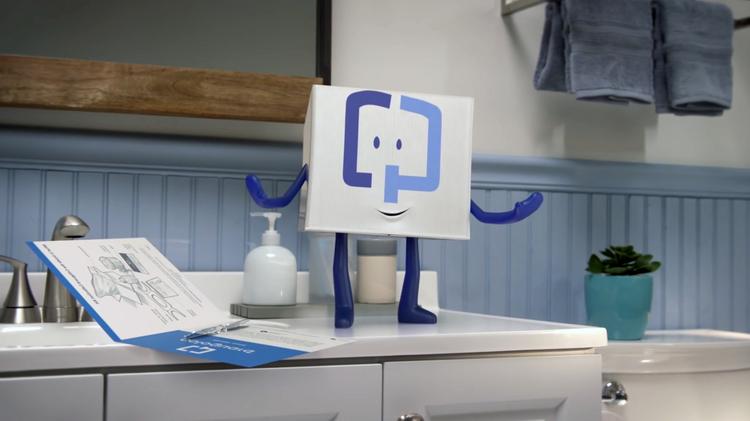How Reliable are Noninvasive Fecal Tests for Colon Cancer?
Once we reach 50, our doctors begin urging us to get screened for colon cancer. After all, it is one of the more common forms of cancer and one of the more curable forms of cancer.
According to the American Cancer Society:
“Excluding skin cancers, colorectal cancer is the third most common cancer diagnosed in both men and women in the United States. The American Cancer Society’s estimates for the number of colorectal cancer cases in the United States for 2019 are:”
- 101,420 new cases of colon cancer
- 44,180 new cases of rectal cancer
“Overall, the lifetime risk of developing colorectal cancer is: about 1 in 22 (4.49%) for men and 1 in 24 (4.15%) for women. This risk is slightly lower in women than in men. A number of other factors (described in Colorectal Cancer Risk Factors) can also affect your risk for developing colorectal cancer.”
“In the United States, colorectal cancer is the third leading cause of cancer-related deaths in men and in women, and the second most common cause of cancer deaths when men and women are combined. It’s expected to cause about 51,020 deaths during 2019.”
If colon cancer is one of the more curable forms of cancer, then why are there still over 50,000 people in America expected to die this year from colon cancer?
The best answer is that they don’t get regular screenings for colon cancer.
Why don’t people get screened?
For many, it’s the screening itself. The traditional colonoscopy is, for many, an unpleasant and embarrassing procedure. First, there is the cleansing that one has to do in advance. Whatever cleansing method you choose, you still spend considerable time on the toilet.
Some of the prep solutions make people nauseous. One of the prep solutions I took made me vomit as much as it gave me the needed diarrhea. I found myself sitting on the toilet with a basin in my hands. I swore I would never do that again.
Then there is the procedure itself. Most doctors place the patient in a twilight sleep, but the first doctor who performed a colonoscopy on me didn’t give me anything. He told me I was a big guy who could take it, and he began pumping the air into my bowels and inserting the scope. It was excruciating and was the first time I swore I would never do it again.
Today, there are alternative screening processes that test stool samples instead of the invasive colonoscopy. A year ago, my wife and I used one of these alternative screening procedures but were told that we would still need a traditional colonoscopy in a few years, indicating that the stool tests were not that reliable or definitive.
So, how reliable are these stool tests?
According to the following report, they are quite reliable:
“A new study by Indiana University School of Medicine and the Regenstrief Institute provides the strongest evidence to date to support recommendations that average-risk patients can safely opt for an annual, easy-to-use home stool test instead of a screening colonoscopy.”
“The researchers reviewed and analyzed the findings of 31 studies with a total of 120,255 participants. Each individual had a FIT (short for fecal immunochemical test), which identifies hidden blood in the stool. FIT results were compared to the finding of a subsequent screening colonoscopy and were found to have high detection rates for colorectal cancer.”
“The study results are published online in advance of print in the March 6, 2019 issue of Annals of Internal Medicine.”
“‘Our analysis finds that FIT is a good ‘pre-screening’ test for average risk, asymptomatic adults, saving them hassle and the U.S. healthcare system costs,’ said Thomas Imperiale, MD, the lead author, a gastroenterologist with IU School of Medicine and a research scientist with the Regenstrief Institute. ‘If annual FIT results remain negative, FIT buys you time until colonoscopy may be required, and it could be the case that a colonoscopy for screening may never be necessary or required’.”
Speaking from personal experience, the stool test is much easier than a colonoscopy and doesn’t require the nauseating prep. Since these tests are fairly reliable, at least for low or normal risk people, there is no need NOT to get screened. These stool test screenings should help drastically reduce the death rate from colon cancer with more people getting screened.









Recent Comments